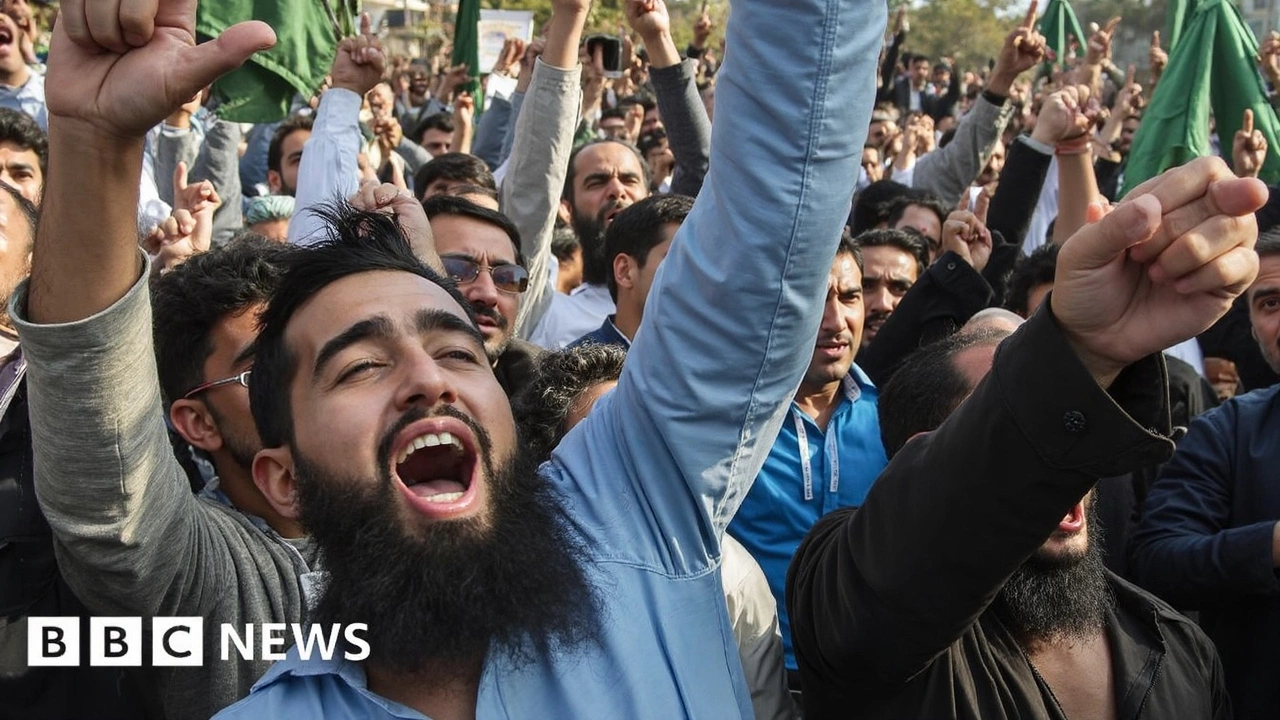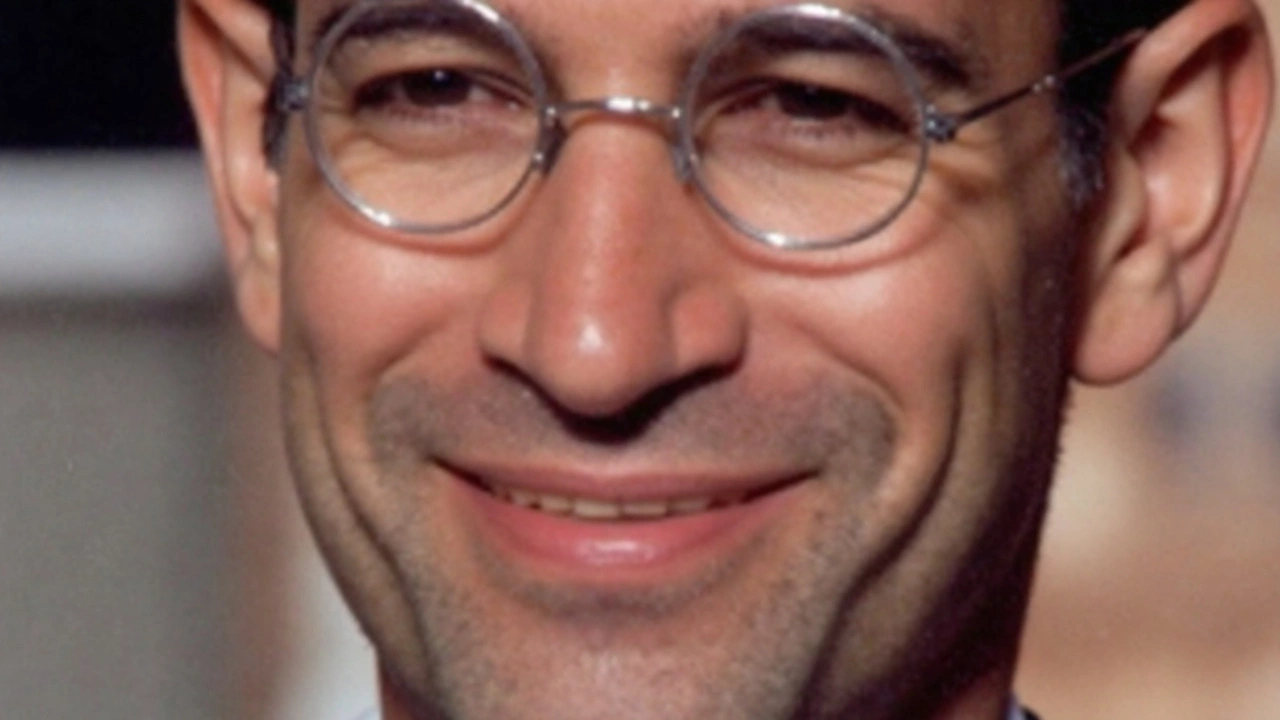Abdul Rauf Azhar’s Death: India’s Targeted Strike Changes the Game
Late at night on May 7, 2025, Indian fighter jets thundered across the border, zeroing in on nine heavily guarded hideouts deep inside Pakistan and Pakistan-administered Kashmir. Less than 48 hours later, news broke: Abdul Rauf Azhar, a leading Jaish-e-Mohammed (JeM) commander linked to some of the world’s most infamous terror acts, was dead. It wasn’t just another strike—it was a message. And it sent ripples across two tense neighbors and beyond.
Who was Abdul Rauf Azhar? For years, he sat at the nerve center of JeM’s biggest operations. Beyond his rank as a top commander, Azhar was the younger brother of JeM’s founder Masood Azhar, making him part of a family dynasty at the heart of global jihadist campaigns. His record is chilling: think back to the 1999 hijacking of Indian Airlines IC-814, where Azhar masterminded a drama that ended with India freeing hardline militants. That included Omar Saeed Sheikh, later the brains behind WSJ journalist Daniel Pearl’s gruesome 2002 abduction and murder in Karachi. Pearl, who was digging into shadowy links between Pakistani intelligence and extremist outfits, was forced to make a final statement about his Jewish faith before his brutal death. The story shook the world.
In last week’s operation—code-named Sindoor—Indian intelligence had one goal: hit the heart of JeM’s machinery. Fighter jets and drones locked onto large compounds, including the Markaz Subhan Allah complex in Bahawalpur, a JeM base. Sources say close to 100 terrorists didn’t survive the assault. Among them: operatives tied to attacks that have scarred India for decades, including JeM’s infamous strikes on the Indian Parliament in 2001 and the Pulwama suicide bombing in 2019 that killed over 40 paramilitary troopers. Even members of the Azhar family weren’t spared, a fact later confirmed in a rare statement from Masood Azhar himself.

Risky Strikes Spark Political and Security Shifts
For India, the operation wasn’t just payback—it was strategic. For years, Delhi’s leaders have raged against terrorist camps operating openly across the border, with public pressure mounting after every headline-grabbing attack. The decision to carry out cross-border raids, especially deep into Pakistani territory, is never taken lightly. Pakistan’s government, meanwhile, has denied harboring militants but faces international skepticism, especially as JeM’s links to global jihad networks have grown more obvious since the early 2000s.
The aftermath sprawls far beyond military maps. Shutting down major logistical bases hobbles JeM’s ability to carry out future operations, recruit fighters, and channel funds. Internationally, India’s success has reignited debates over the limits of cross-border force in fighting extremism. Even for the families of Daniel Pearl and the dozens of Indians killed in JeM-linked attacks, there may be a fragile sense of justice—though the region’s cycle of violence is far from over.
The killing of Abdul Rauf Azhar closes a bloody chapter, but India’s anti-terror fight rolls on. The story isn’t finished—in fact, it might just be hitting a new, riskier stage.
